Threading Taps Factory
Threading taps are essential tools for creating internal screw threads. This guide provides a comprehensive overview of threading taps, covering their types, uses, materials, manufacturing processes, and selection criteria. Learn how a reputable threading taps factory ensures quality and precision.
Understanding Threading Taps
A threading tap is a tool used to create internal threads in a pre-drilled hole. These threads are designed to mate with external threads, such as those on a screw or bolt. Threading taps are essential in a wide range of industries, from automotive and aerospace to plumbing and electronics. The accuracy and quality of the threads produced by a threading tap directly affect the strength and reliability of the assembled parts.
Types of Threading Taps
There are several types of threading taps, each designed for specific applications and materials. Choosing the right type of tap is crucial for achieving optimal threading performance and preventing tool breakage.
- Hand Taps: Designed for manual use with a tap wrench. Typically sold in sets of three (taper, plug, and bottoming tap) for progressively cutting the thread.
- Machine Taps: Designed for use in power-driven machines like drills, lathes, or milling machines. These taps often have different flute designs for efficient chip evacuation.
- Spiral Point Taps (Gun Taps): Push chips ahead of the tap, making them suitable for through holes.
- Spiral Flute Taps: Pull chips back out of the hole, making them suitable for blind holes.
- Forming Taps (Roll Taps): Do not cut threads; instead, they form them by displacing material. This results in stronger threads and no chips.
- Nut Taps: Long shanked taps for threading nuts in high volume.
Materials Used in Threading Taps
The material used to manufacture a threading tap greatly affects its performance and lifespan. Common materials include:
- High-Speed Steel (HSS): A versatile and cost-effective material suitable for a wide range of materials.
- Cobalt High-Speed Steel (HSS-E): Offers higher heat resistance and wear resistance compared to HSS, making it suitable for harder materials like stainless steel and cast iron.
- Carbide: Provides exceptional hardness and wear resistance, ideal for machining abrasive materials and high-volume production.
The Wayleading Tools offers high-quality HSS and HSS-E threading taps, ensuring durability and precision for various applications. Our taps are designed to meet the demanding needs of modern manufacturing.
The Manufacturing Process at a Threading Taps Factory
A reputable threading taps factory employs sophisticated manufacturing processes to ensure the accuracy, consistency, and durability of its products. Here's a breakdown of the key steps:
- Material Selection: Choosing the appropriate grade of steel or carbide based on the intended application of the tap.
- Blank Preparation: Cutting and shaping the raw material into the basic form of the tap.
- Flute Grinding: Creating the flutes (grooves) that provide cutting edges and chip evacuation.
- Thread Grinding/Milling: Generating the precise thread form on the tap.
- Heat Treatment: Hardening and tempering the tap to achieve the desired hardness and toughness.
- Surface Treatment: Applying coatings like titanium nitride (TiN) or titanium carbonitride (TiCN) to enhance wear resistance and reduce friction.
- Quality Control: Inspecting the tap for dimensional accuracy, thread quality, and surface finish.
Wayleading Tools utilizes advanced CNC grinding machines and rigorous quality control procedures to manufacture threading taps that meet the highest industry standards. Our commitment to precision and quality ensures that our customers receive reliable and long-lasting tools.
Selecting the Right Threading Tap
Choosing the correct threading tap is crucial for achieving optimal results and preventing tool failure. Consider the following factors:
- Material to be Tapped: Different materials require different tap geometries and coatings. Refer to manufacturer recommendations for specific materials.
- Hole Type: Through holes require spiral point taps, while blind holes require spiral flute or bottoming taps.
- Thread Type: Select the tap that matches the desired thread standard (e.g., UNC, UNF, Metric).
- Tap Size: Choose the correct tap size based on the required thread size.
- Tolerance: Consider the required thread tolerance and choose a tap with the appropriate class of fit.
Troubleshooting Common Threading Problems
Even with the right tools, threading problems can occur. Here are some common issues and their solutions:
- Tap Breakage: Caused by excessive force, incorrect tapping speed, or using a dull tap. Reduce force, adjust speed, and use sharp taps.
- Poor Thread Quality: Caused by dull taps, incorrect tapping speed, or insufficient lubrication. Replace dull taps, adjust speed, and use appropriate cutting fluid.
- Chip Clogging: Caused by improper flute design or inadequate chip evacuation. Use spiral point or spiral flute taps as appropriate.
Benefits of Choosing a Reputable Threading Taps Factory
Sourcing threading taps from a reputable threading taps factory like Wayleading Tools offers numerous advantages:
- High-Quality Products: Ensure consistent performance and long lifespan.
- Wide Range of Options: Access a diverse selection of taps to meet specific application needs.
- Technical Support: Receive expert advice on tap selection and usage.
- Competitive Pricing: Benefit from cost-effective solutions without compromising quality.
- Reliable Delivery: Ensure timely delivery to minimize downtime.
Threading Tap Standards
Threading taps adhere to various industry standards to ensure interchangeability and compatibility. Some common standards include:
- ANSI/ASME: American National Standards Institute/American Society of Mechanical Engineers
- ISO: International Organization for Standardization
- DIN: Deutsches Institut für Normung (German Institute for Standardization)
- JIS: Japanese Industrial Standards
Thread Engagement and its Significance
Thread engagement refers to the amount of overlap between the internal and external threads of a fastener. Adequate thread engagement is crucial for ensuring a strong and reliable joint. Insufficient thread engagement can lead to stripping of the threads and failure of the assembly. Factors affecting thread engagement include the length of the threaded section and the material strength of the parts being joined. As a rule of thumb, a minimum thread engagement of 1 to 1.5 times the diameter of the bolt or screw is recommended for steel parts. For softer materials like aluminum, a higher thread engagement may be necessary. Using the right threading taps ensures proper thread dimensions and optimal engagement.
The Importance of Cutting Fluids
Using the correct cutting fluid during tapping operations is essential for several reasons. Cutting fluids help to:
- Reduce Friction: Minimizing friction between the tap and the workpiece, leading to smoother cutting and reduced tool wear.
- Cool the Tap and Workpiece: Dissipating heat generated during the tapping process, preventing overheating and potential damage.
- Lubricate the Cutting Edges: Providing lubrication to the cutting edges of the tap, improving cutting performance and extending tool life.
- Flush Away Chips: Removing chips from the cutting zone, preventing chip clogging and ensuring clean thread formation.
Selecting the right cutting fluid depends on the material being tapped. Common cutting fluids include mineral oils, synthetic fluids, and water-based emulsions. Always follow the manufacturer's recommendations for the appropriate cutting fluid for your specific application. Using the wrong cutting fluid can lead to poor thread quality, reduced tool life, and even tap breakage. For optimal performance, Wayleading Tools recommends consulting with a machining expert to determine the best cutting fluid for your threading taps.
Quality Control at Wayleading Tools
At Wayleading Tools, quality control is paramount. We employ a multi-stage inspection process to ensure that our threading taps meet the highest standards of accuracy and performance. Our quality control measures include:
- Incoming Material Inspection: Verifying the quality and composition of the raw materials used to manufacture our taps.
- In-Process Inspection: Monitoring the dimensions and surface finish of the taps at each stage of the manufacturing process.
- Final Inspection: Conducting a thorough inspection of the finished taps to ensure that they meet all dimensional and performance requirements.
- Statistical Process Control (SPC): Using statistical methods to monitor and control the manufacturing process, ensuring consistent quality.
We use advanced measuring equipment, including coordinate measuring machines (CMMs) and thread gauges, to verify the accuracy of our taps. Our commitment to quality ensures that our customers receive reliable and high-performing threading taps that meet their specific needs.
Conclusion
Threading taps are vital tools for creating internal threads. By understanding the different types of taps, materials, manufacturing processes, and selection criteria, users can ensure optimal threading performance. Choosing a reputable threading taps factory like Wayleading Tools guarantees high-quality products, technical support, and reliable delivery.
Related products
Related products
Best selling products
Best selling products-
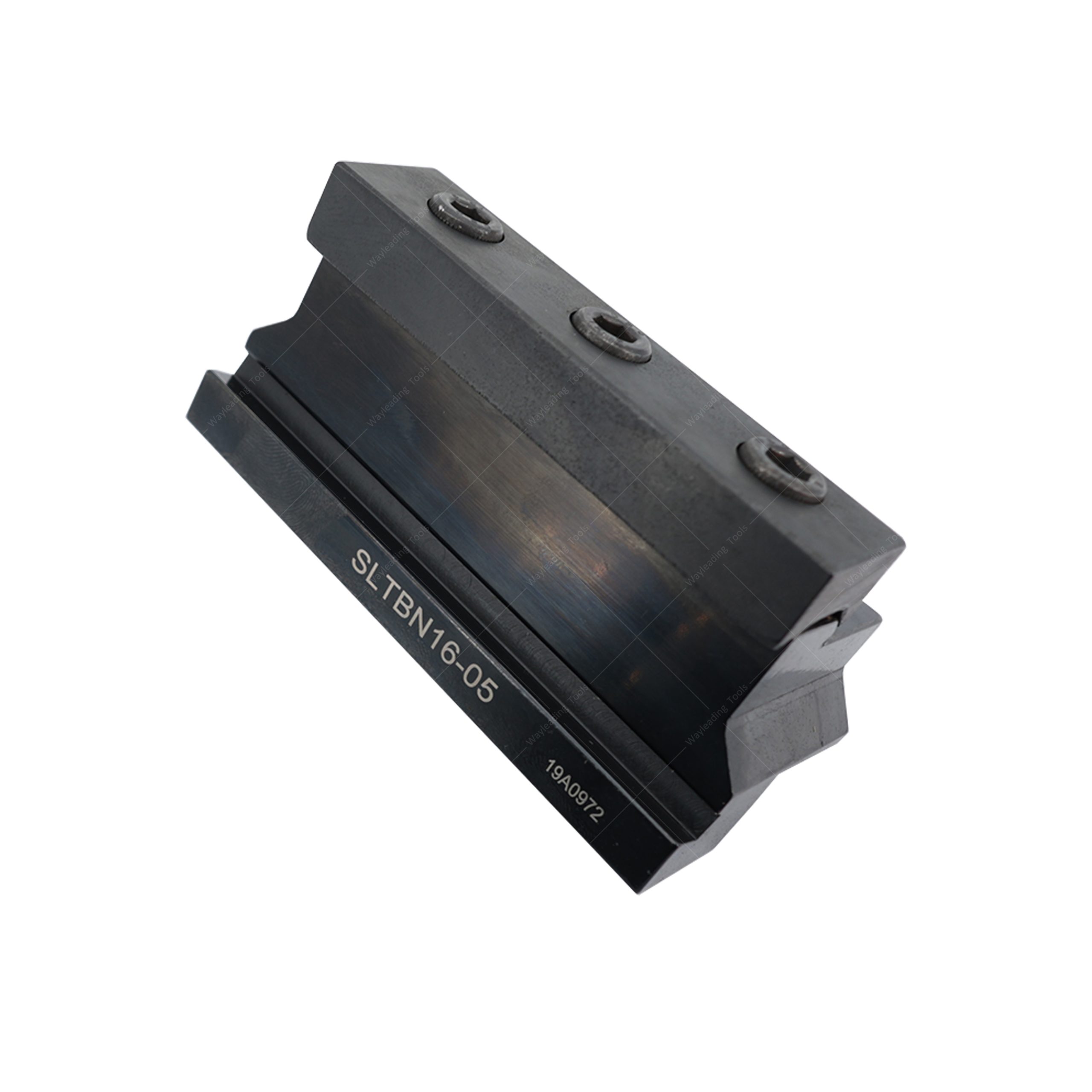 Parting & Grooving Tool Block For NCIH Blades
Parting & Grooving Tool Block For NCIH Blades -
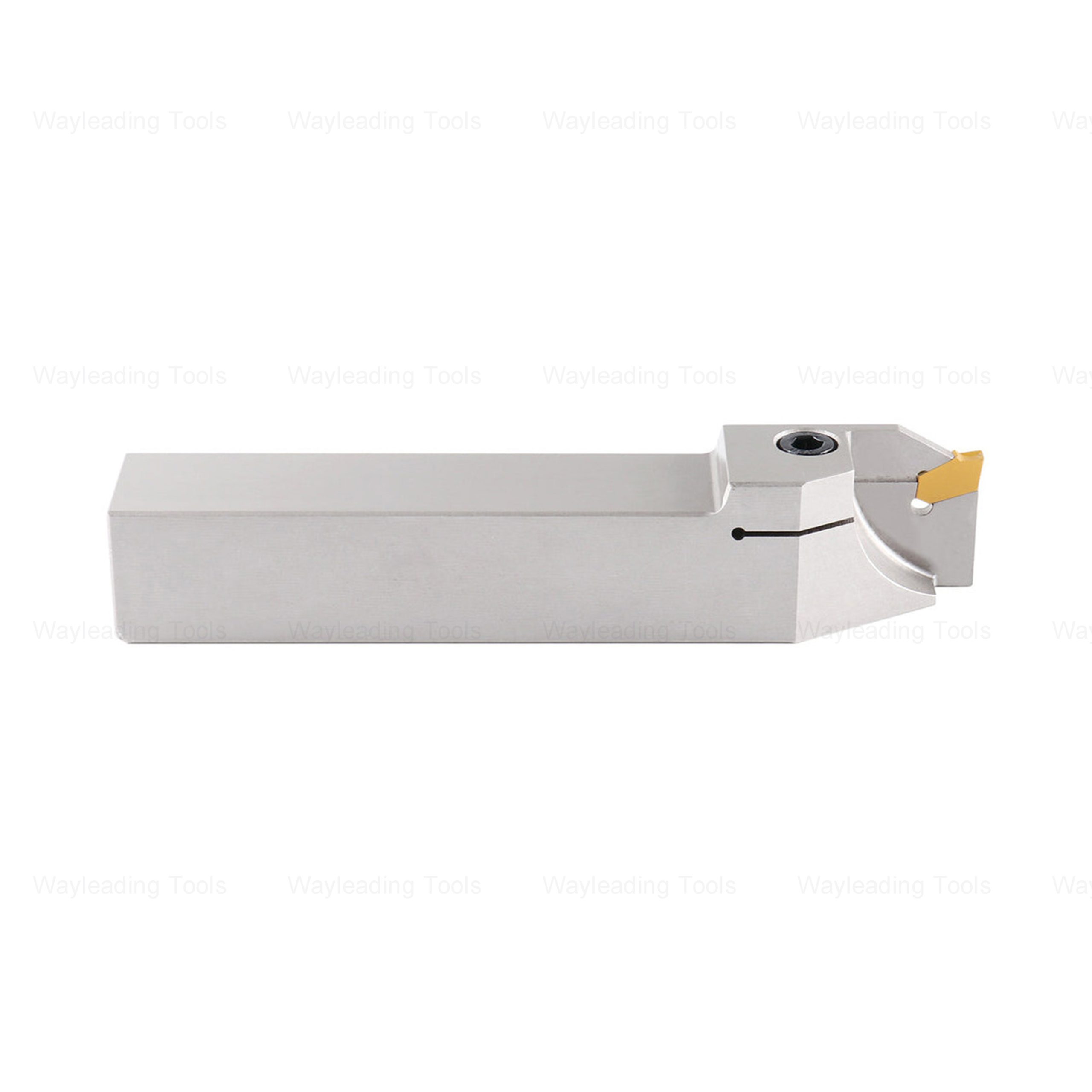 QA Grooving & Cut-Off Tool Holder
QA Grooving & Cut-Off Tool Holder -
 7pcs Carbide Turning Tool Set With Metric & Inch Size
7pcs Carbide Turning Tool Set With Metric & Inch Size -
 Precision Outside Micrometer Set With digit Counter Of Inch & Metric With Rachet Stop
Precision Outside Micrometer Set With digit Counter Of Inch & Metric With Rachet Stop -
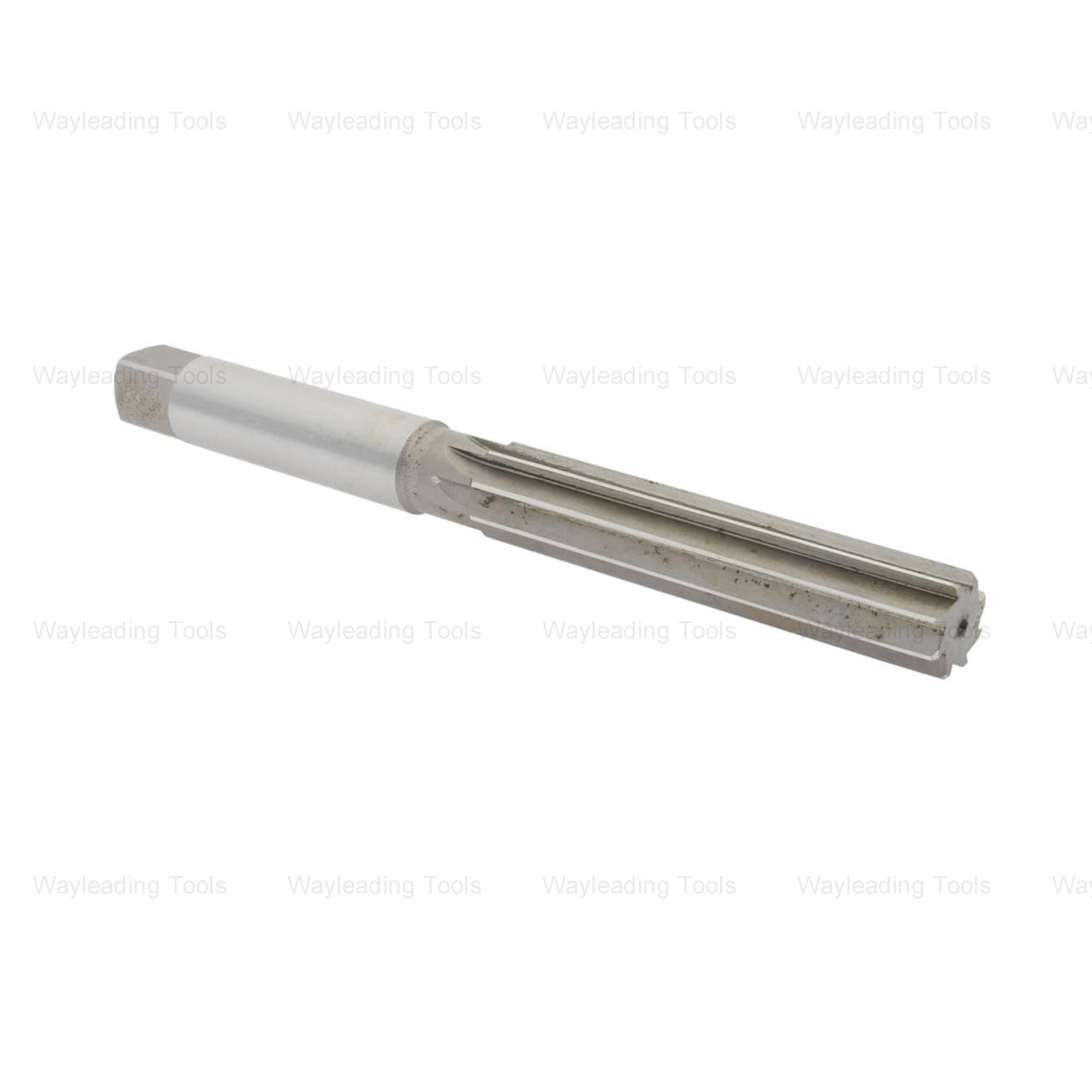 HSS Hand Reamers – Metric & Inch Sizes, Straight or Spiral Flutes
HSS Hand Reamers – Metric & Inch Sizes, Straight or Spiral Flutes -
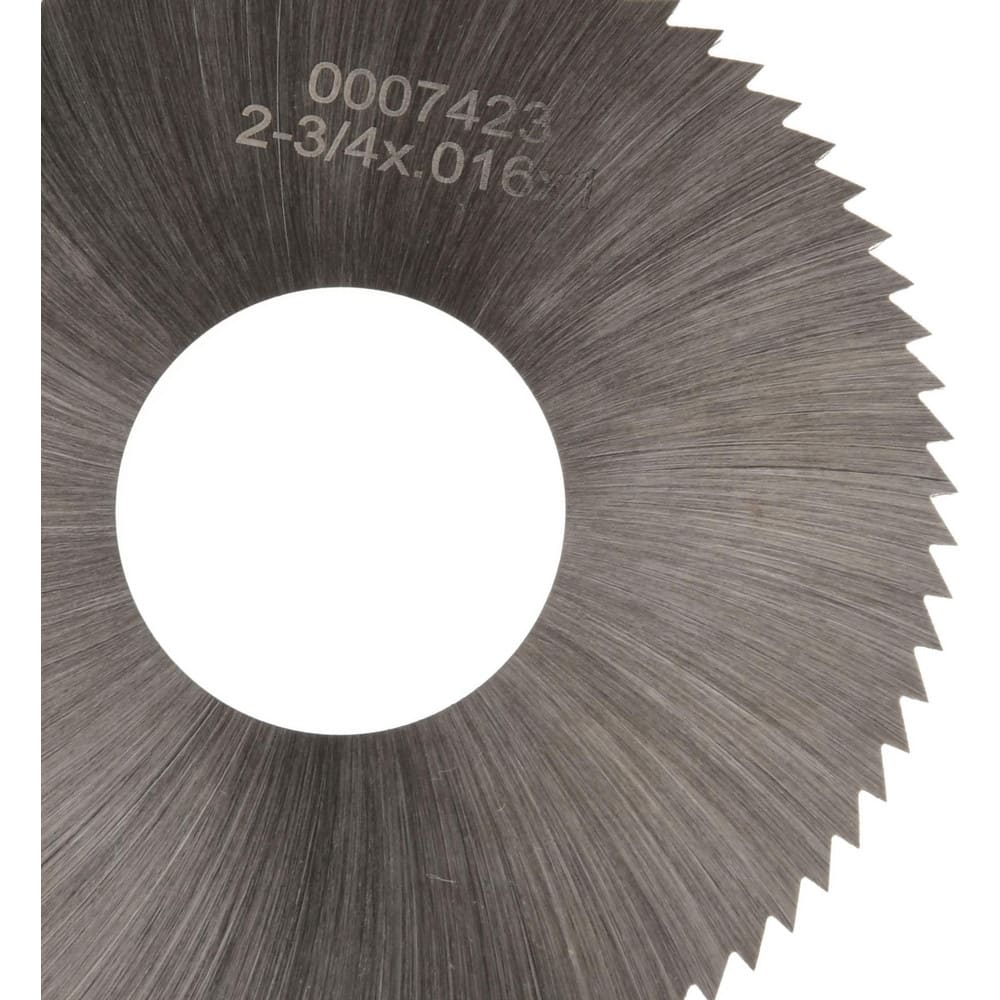 HSS Inch Plain Metal Slitting Saws For Industrial
HSS Inch Plain Metal Slitting Saws For Industrial -
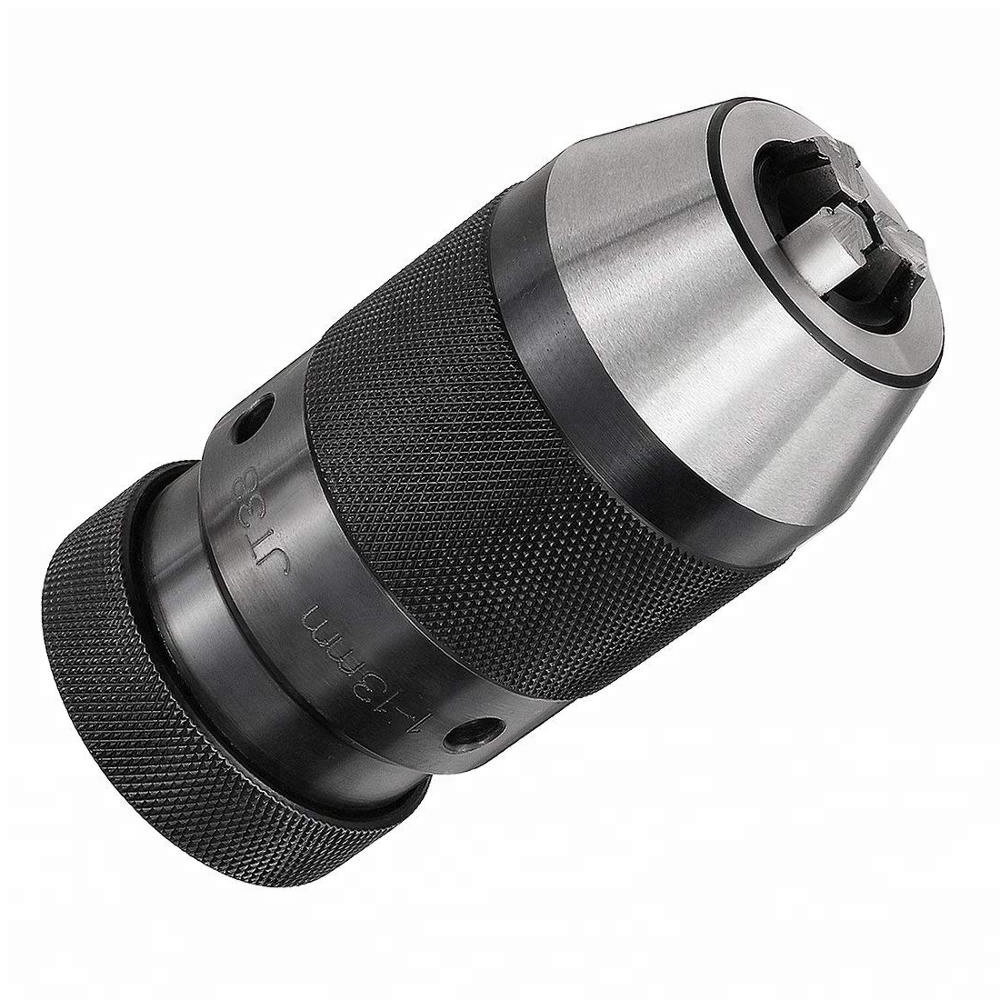 Keyless Drill Chuck With Heavy Duty Type
Keyless Drill Chuck With Heavy Duty Type -
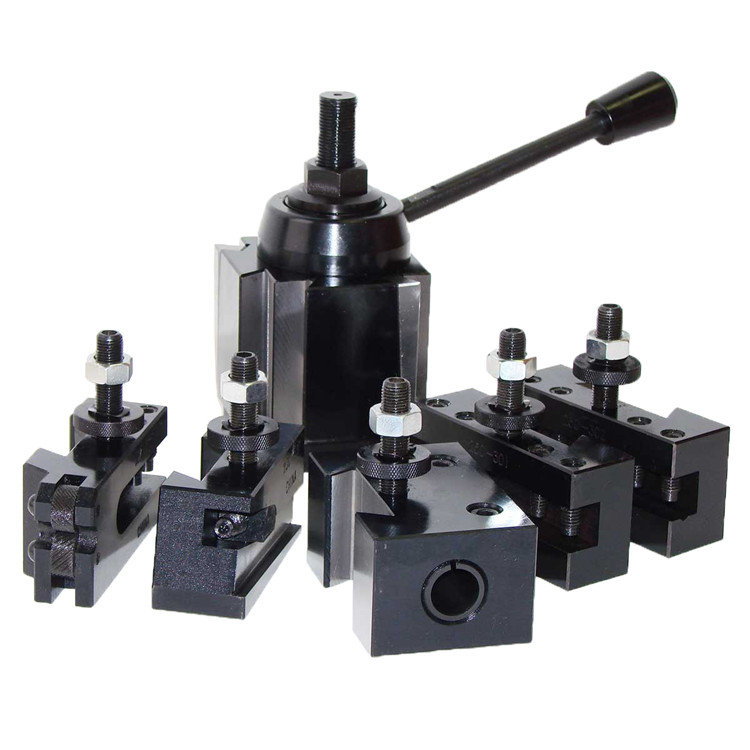 Wedge Type Quick Change Tool Post Set In lathe Machine
Wedge Type Quick Change Tool Post Set In lathe Machine -
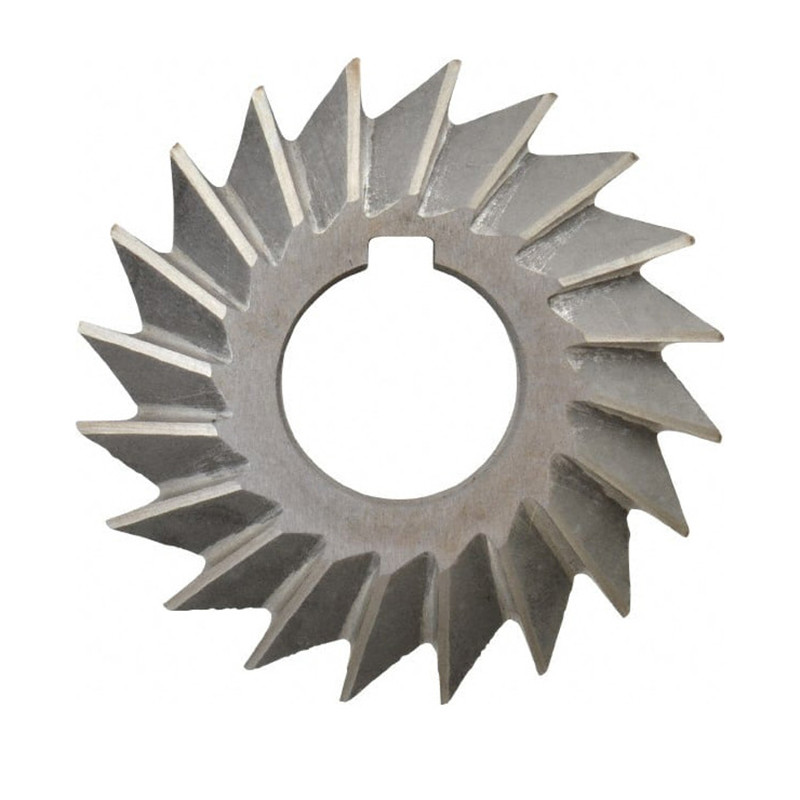 HSS Inch & Metric Single Angle Milling Cutter For Industrial With Bright Or TiN Coated
HSS Inch & Metric Single Angle Milling Cutter For Industrial With Bright Or TiN Coated -
 Precision V Block Set With M Type
Precision V Block Set With M Type -
 HSS Annular Cutters With Weldon Shank For Metal Cutting
HSS Annular Cutters With Weldon Shank For Metal Cutting -
 Precision Monoblock Vernier Caliper – Metric & Inch, Industrial Use
Precision Monoblock Vernier Caliper – Metric & Inch, Industrial Use









